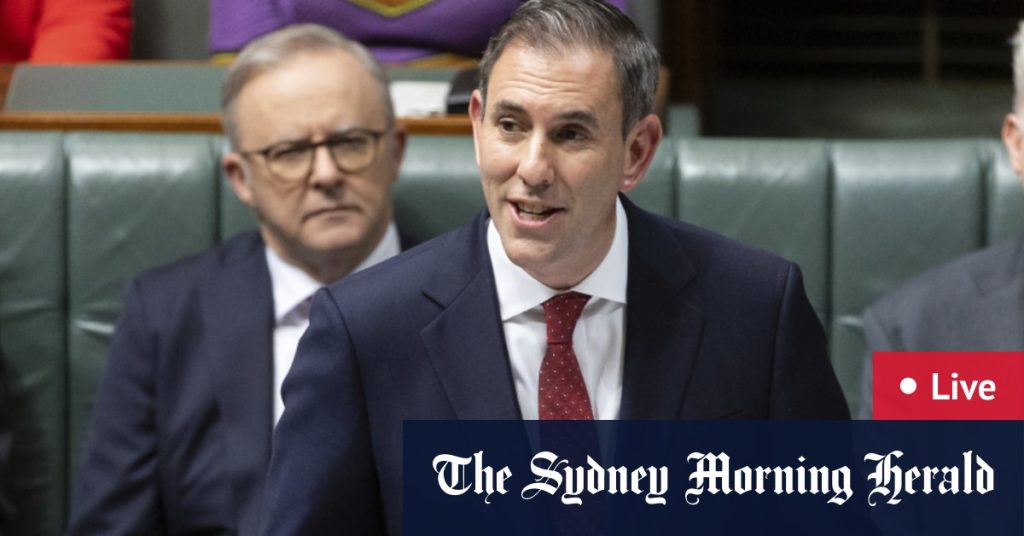In his recent budget announcement, Treasurer Jim Chalmers allocated a $3.5 billion energy subsidy to help tackle the rising costs of energy in the country. This subsidy is meant to assist households and businesses in dealing with the financial burden of high energy prices. The government aims to provide this support to alleviate the strain on Australians struggling with their energy bills. The subsidy is part of the government’s efforts to address the issue of energy affordability and make it more accessible for all citizens.
In another development, defence whistleblower David McBride was sentenced to jail for his actions in leaking classified information to the media. McBride’s actions were seen as a breach of national security and he was charged with several offenses related to the unauthorized disclosure of sensitive information. The case has sparked debate about the role of whistleblowers in society and the importance of protecting national security interests. McBride’s sentencing has raised questions about the balance between transparency and protecting state secrets.
The decision to jail David McBride has received mixed reactions from the public, with some viewing him as a hero for exposing government wrongdoing and others seeing him as a traitor for endangering national security. The case has highlighted the challenges faced by whistleblowers in coming forward with information that may be in the public interest but also potentially damaging to the state. McBride’s sentencing has drawn attention to the need for clearer guidelines and protections for whistleblowers to ensure accountability and transparency within government institutions.
The $3.5 billion energy subsidy announced in the budget is expected to provide much-needed relief to households and businesses struggling with the high costs of energy. The subsidy is seen as a step towards addressing the issue of energy affordability and ensuring that all citizens have access to essential services. The government’s decision to allocate this funding reflects a commitment to supporting the community during challenging economic times and helping to alleviate financial burdens on Australian households.
The debate around the sentencing of David McBride raises important questions about the role of whistleblowers in society and the implications of their actions for national security. While whistleblowers play a crucial role in uncovering misconduct and holding governments accountable, their actions can sometimes have serious consequences for national security interests. The case of McBride serves as a reminder of the complex ethical dilemmas faced by those who choose to speak out against wrongdoing and the need for proper legal frameworks to protect them from retribution.
Overall, Treasurer Jim Chalmers’ budget announcement of a $3.5 billion energy subsidy and the sentencing of defense whistleblower David McBride mark significant developments in the political and legal landscape of the country. These events have sparked debates about the affordability of essential services, the balance between transparency and national security, and the protection of whistleblowers in society. As the government moves forward with its budget plans and as McBride serves his sentence, it will be important to continue examining these issues and finding ways to address the challenges they present for the community and the country as a whole.


